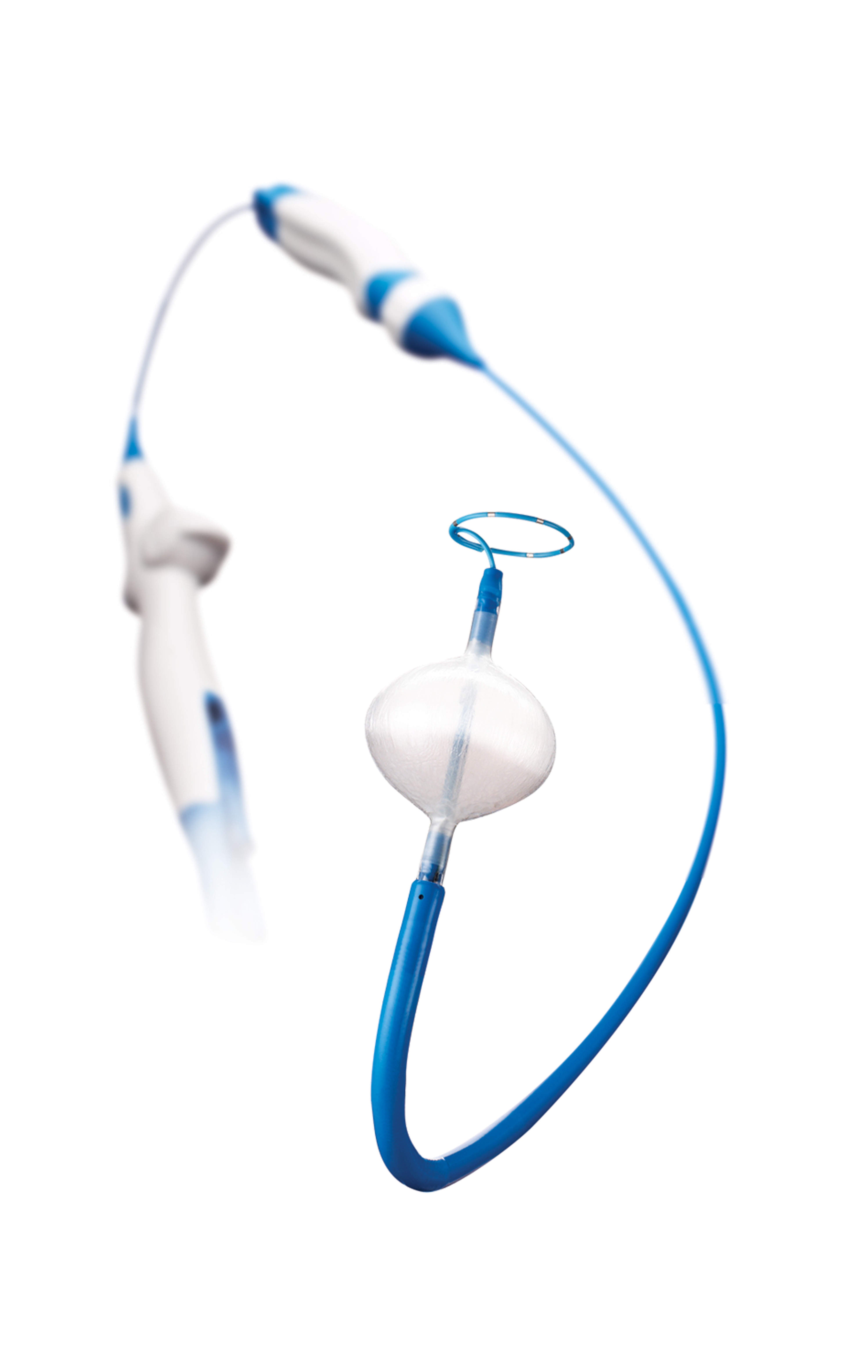
The study showed that the cryoballoon improved quality of life, reduced symptoms from abnormal heart rhythms and low incidence of reinterventions and repeat ablation procedures in the patients.
Medtronic has not yet secured approval for Arctic Front Advance cryoablation to treat persistent AF in the US.
According to the company, patients treated with cryoballoon ablation demonstrated meaningful changes in quality of life scores, with a 7.1 point average improvement in physical quality and 3.3 point average improvement in mental health quality component scores.
The co-investigator of the study Dr Julian Chun said: “These findings highlight the advantage of cryoballoon ablation in patients with persistent AF, demonstrating that patients have fewer symptoms after treatment and a significant improvement in their quality of life.”
AF is a common heart rhythm disorder, which is affecting over 33 million people across the globe, while it is affecting around 10 and 5 million people in Europe and the US.
The prospective, single-arm, interventional, multi center and non-randomized clinical study has assessed 12-month clinical outcomes of cryoballoon ablation for isolating the pulmonary veins, without additional ablation in the left atrium, using the Arctic Front Advance cryoballoon to treat patients with persistent AF.
The recruited patients have been monitored to achieve the 100% persistent AF documentation criteria, prior to the procedure.
Arctic Front Advance cryoballoon uses cold energy rather than heat (radiofrequency, or RF, ablation) to form scar tissue and prevent irregular electrical pathways in the heart.
The cryoballoon was approved to treat AF in the Europe. It was approved to treat drug refractory, recurrent, symptomatic paroxysmal AF in the US.
Medtronic cardiac and vascular group AF Solutions business general manager and vice president Rebecca Seidel said: “The CRYO4PERSISTENT AF study findings complement the growing body of clinical evidence that suggests cryoballoon ablation offers significant benefits to patients with AF even after the disease has progressed.
“At Medtronic, we’re focused on improving patient outcomes and quality of life, while offering greater efficiencies for physicians treating the growing number of AF patients today.”






